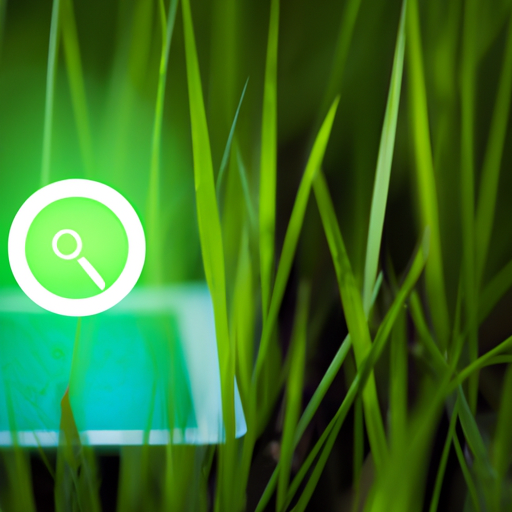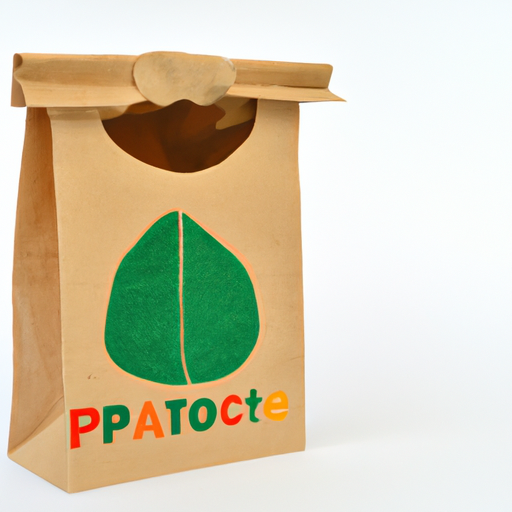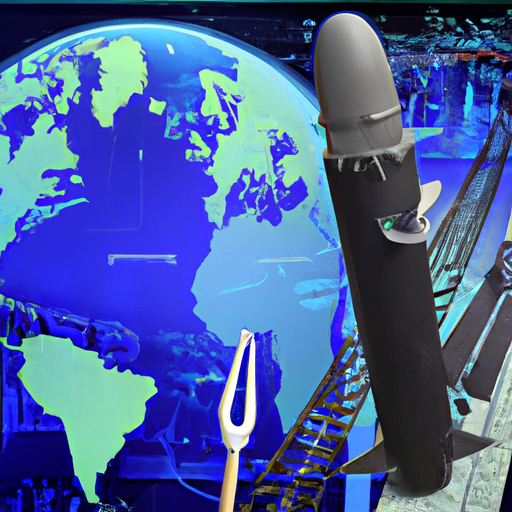In recent years, Smart Agriculture has emerged as a game-changer in the farming industry. Utilizing cutting-edge technologies and innovations, this approach is set to enhance productivity and sustainability in agriculture. From precision farming to IoT applications, smart agriculture is transforming traditional farming practices.
What is Smart Agriculture?
Smart agriculture refers to the integration of advanced technologies into the agricultural sector to improve crop yield, increase efficiency, and promote sustainable practices. This includes the use of IoT devices, drones, sensors, artificial intelligence, and big data analytics to monitor and manage agricultural operations.
Key Technologies Driving Smart Agriculture
- Precision Farming: Utilizing GPS technology and data analytics allows farmers to apply inputs like water, fertilizers, and pesticides more accurately, optimizing resource use and minimizing waste.
- IoT in Agriculture: Internet-connected devices help farmers monitor soil moisture, weather conditions, and crop health in real time, leading to informed decision-making.
- Drones: Drones are used for aerial surveillance, allowing farmers to assess crop health and monitor large fields easily.
- Data Analytics: Analyzing vast amounts of data collected from various sources enables farmers to predict trends, enhance yield, and improve supply chain efficiency.
Benefits of Implementing Smart Agriculture
Embracing smart agriculture practices offers numerous benefits:
- Increased Efficiency: By utilizing technology, farmers can reduce labor costs and maximize resource efficiency.
- Sustainability: Smart agriculture promotes environmental sustainability by reducing chemical usage and conserving water.
- Enhanced Crop Yields: Technologies such as precision farming can lead to significant increases in crop productivity.
Challenges Facing Smart Agriculture
Despite the promising advancements, the transition to smart agriculture is not without challenges. These include high initial costs, the need for technical skills, and concerns regarding data privacy and security.
The Future of Smart Agriculture
As technology continues to evolve, the future of smart agriculture looks bright. Governments and private sectors are increasingly investing in agricultural technology innovations to enhance productivity and ensure food security. The trend towards smart farming is expected to grow, making it a critical aspect of modern agriculture.
In conclusion, smart agriculture is a vital step toward sustainable farming practices that benefit farmers, consumers, and the environment. By leveraging technology, we can create a more efficient and resilient agricultural system for the future.
Stay tuned for more updates on how technology is reshaping the agricultural landscape!




